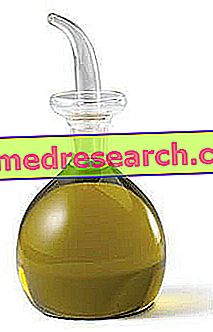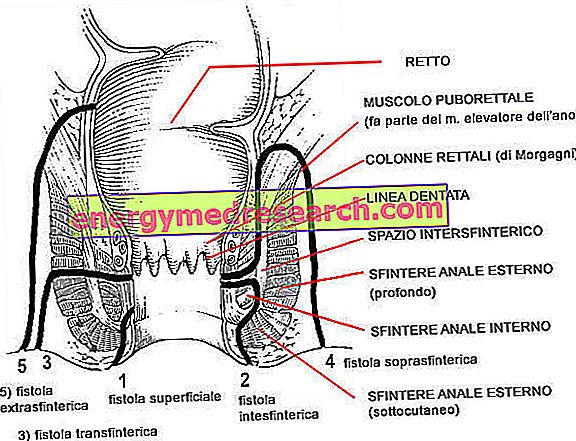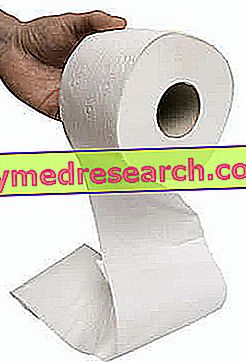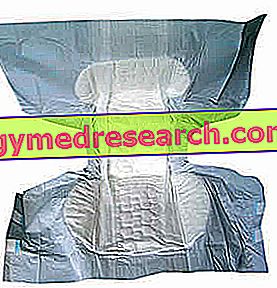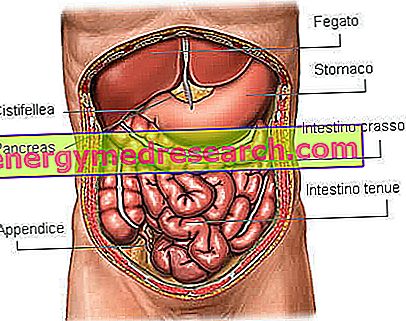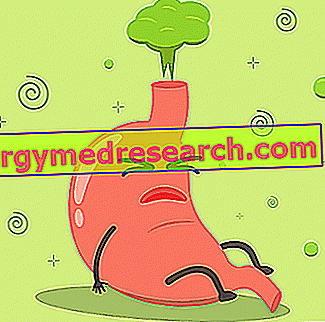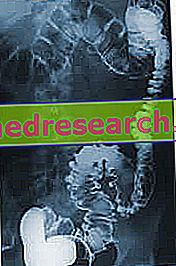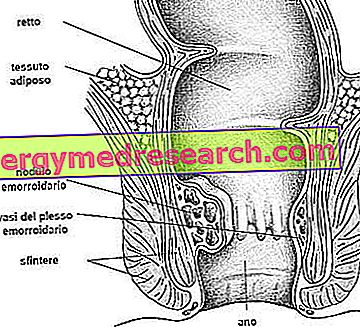The purge is a medicinal substance that can promote or accelerate the evacuation of feces. Traditionally, the term has been reserved for remedies with an intermediate intensity of action between the milder ones (laxatives) and the so-called cathartic or drastic purgatives. This classification is scarcely used today, as very often the intensity of the effect depends more on the dose administered than on the intrinsic activity of the drug
Category bowel health
Definition Anal fistulas are small pathological and infected tunnels that connect the anus with the surrounding skin. Specifically, to be defined as such, anal fistulas must develop in the precise anatomical site - called "combed line or anorectal line" - which separates the rectum from the anus, in which the exocrine anal glands are housed
Uncontrolled fecal loss Faecal incontinence is an unpleasant defecation disorder that consists of the involuntary and uncontrolled loss of feces and intestinal gas. More than a disease in itself, fecal incontinence must be considered a very unpleasant symptom that unites innumerable and heterogeneous pathologies, ranging from diarrhea to constipation, from neurological disorders to birth injuries
The problem of fecal incontinence We speak of fecal incontinence when it is no longer possible to control or simply perceive the stimulus to defecation; therefore it follows an uncontrolled and involuntary emission of faeces and intestinal gases. Fortunately, fecal incontinence is not an incurable disorder as could be assumed
Definition We speak of "fecal incontinence" to indicate a partial or total loss of control of the anal sphincter, with subsequent involuntary release of: Liquid stools Solid faeces Intestinal gases Fecal incontinence is probably the most humiliating and uncomfortable of all defecation disorders, given that it negatively affects interpersonal relationships and work activities
What is a stomach ache? The expression "stomach ache" is normally used - in common language - to indicate a generic intestinal pain. Along with stomachache, spleen pain and liver pain, a stomach ache is included in the list of the most common abdominal pains. Often, the terms stomach pain and stomach ache are (mistakenly) mistaken for synonyms, since it is often difficult to pinpoint the point from which the pain originates with absolute precision
A stomach ache is an alarm signal sent by the body, a request for help to warn that some metabolic mechanism has gone haywire. Pathological abdominal pain The pathological stomachache is distinguished by its common form due to the danger of the disorder, the intensity of pain and the "satellite" (accompanying) symptoms
Introduction Hemorrhoid ointments are pharmaceutical formulations suitable for application at the anal and / or rectal level, indicated - depending on the case and the active ingredients used - for the local treatment of internal or external hemorrhoids. More precisely... When we speak of "hemorrhoids" we refer (even if improperly) to a particular pathological condition - more correctly defined as " haemorrhoidal disease " - in which we observe an excessive dilation of the hemorrhoidal blood vessels
Introduction and in-depth analysis Colitis, better known as irritable bowel syndrome, is a fairly common disorder that affects about 15% of the population. The symptoms of colitis are classic: abdominal pain associated with cramps, feeling of swelling and weight accompanied by constipation and / or diarrhea
What are the diverticula Diverticulitis of the colon is a disease of well-being, particularly widespread in industrialized countries. At the origin of diverticular pathology, in addition to a certain genetic predisposition, there is almost always an unbalanced diet (see in-depth study), too rich in fat and sugar and too poor in water and fiber
A little anatomy Defecation, or elimination of faeces from the body, takes place thanks to a mechanism that is only partially involuntary. The opening of the anus is in fact controlled by a muscular apparatus, called anal sphincter, and by a submucosal vascular pad. The anal sphincter is made up of an involuntary upper part, which in the presence of faeces relaxes causing the simultaneous contraction of the outer ring

